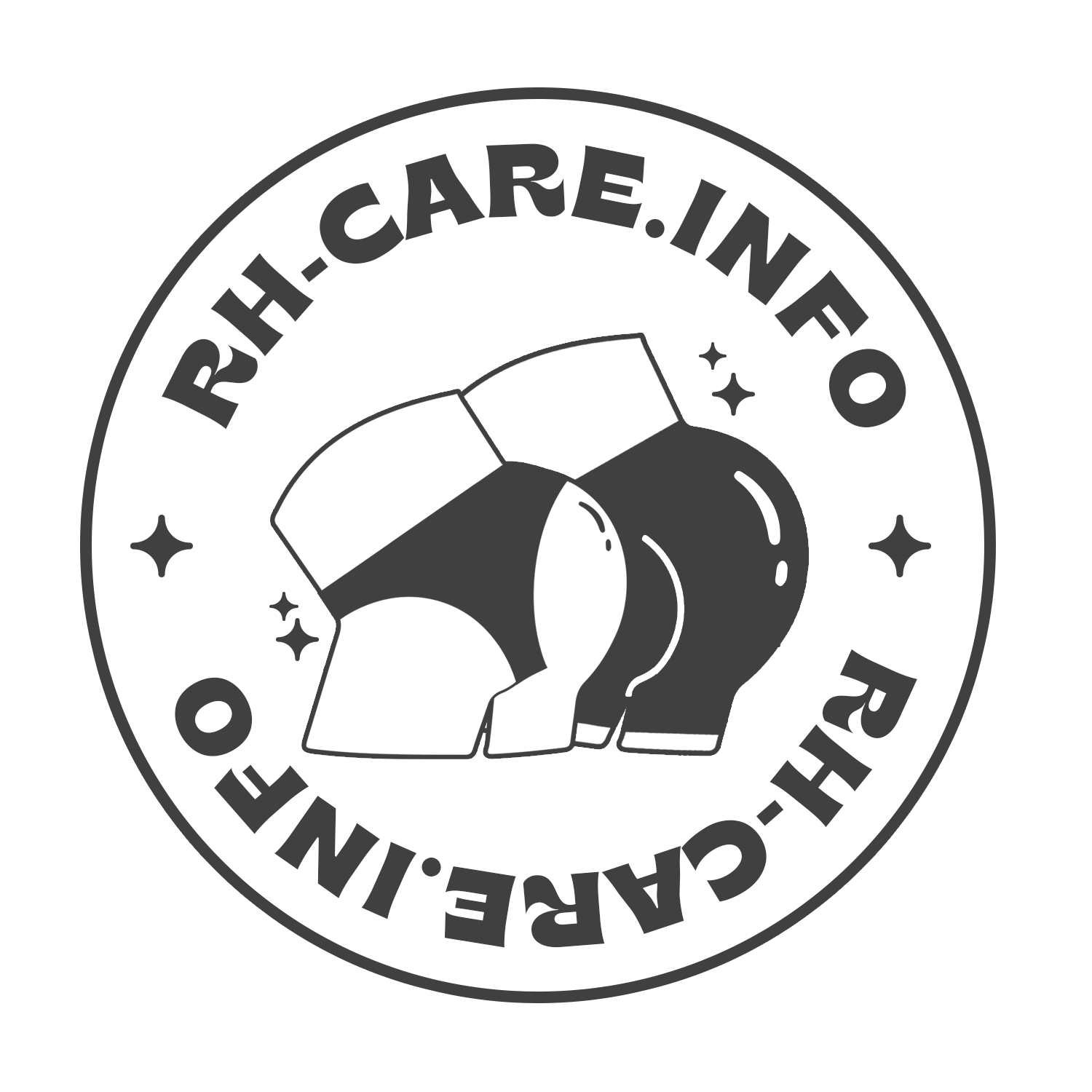Talking about your sexuality, fertility, periods, STIs, or pregnancy can be intimidating especially when you don’t know how to start the conversation. Many teens (and even adults) would resort to asking advice from private communities because of the safe spaces they promise. Although it’s healthy to talk to other people who go through similar experiences, talking to a health professional is also worth doing.
Why talk to your doctor about your reproductive health? Talking to your doctor about it can help you:
- Learn more about your body and how it works
- Prevent or treat any health problems that might affect your repro health, such as infections, fibroids, endometriosis, or polycystic ovary syndrome (PCOS)
- Choose the best method of contraception for you and your partner
- Get tested and treated for STIs
- Plan for pregnancy or avoid it if you’re not ready
- Get support and advice if you’re having trouble getting pregnant or have had a miscarriage
- Explore your options if you’re pregnant and don’t want to be
- Access resources and services that can help you with your repro health needs
Talking to your doctor about repro health can also help you build trust and confidence in yourself and your health care provider. You have the right to ask questions, express your concerns, and make informed decisions about your repro health. Your doctor is there to listen, respect, and support you.
So how to talk to your doctor about your reproductive health?
- Find a doctor you feel comfortable with. You can ask for a referral from a friend, family member, school counselor, or another trusted adult. You can also look for a doctor who specializes in adolescent medicine or gynecology. You can use our health facility locator to find one near you.
- Schedule an appointment. You can call or go online to book an appointment with your doctor. You can also ask if they offer telehealth visits, which are virtual consultations that you can do from home or anywhere with an internet connection. You can request a private appointment without a parent or guardian if you prefer, but you might need their consent for some services depending on where you live and how old you are.
- Prepare for the visit. Before you see your doctor, think about what you want to talk about and write down any questions or concerns you have. You can also do some research online or ask a friend who has been through a similar situation.
- Be honest and open. During the visit, tell your doctor what’s on your mind and don’t be afraid to ask anything. Your doctor is there to help you, not judge you. They will keep your information confidential unless they think you or someone else is in danger. They might ask you some personal questions about your sexual history, behavior, and preferences, but they are not trying to pry or embarrass you. They just need to know these things to give you the best care possible. You can also tell them if you feel uncomfortable or need more explanation at any point.
- Follow up. After the visit, follow your doctor’s instructions and recommendations. If they prescribe you any medication or treatment, take it as directed and let them know if you have any side effects or problems. If they refer you to any other services or resources, contact them as soon as possible. If they ask you to come back for a follow-up visit or test, schedule it right away. And if you have any questions or concerns that come up later, don’t hesitate to call or message your doctor.
Talking to your doctor about reproductive health is not something to be ashamed or afraid of. It’s a smart and responsible thing to do for yourself and your future. Remember, your doctor is on your side and wants to help you stay healthy and happy.
If you need to locate a health facility near you, you can search for health facilities and healthcare providers near you by using our HEALTH FACILITY LOCATOR. Simply input your location, then select the services you need and click on the search button. The results will show the health facilities within a 10-kilometer radius of your location.



